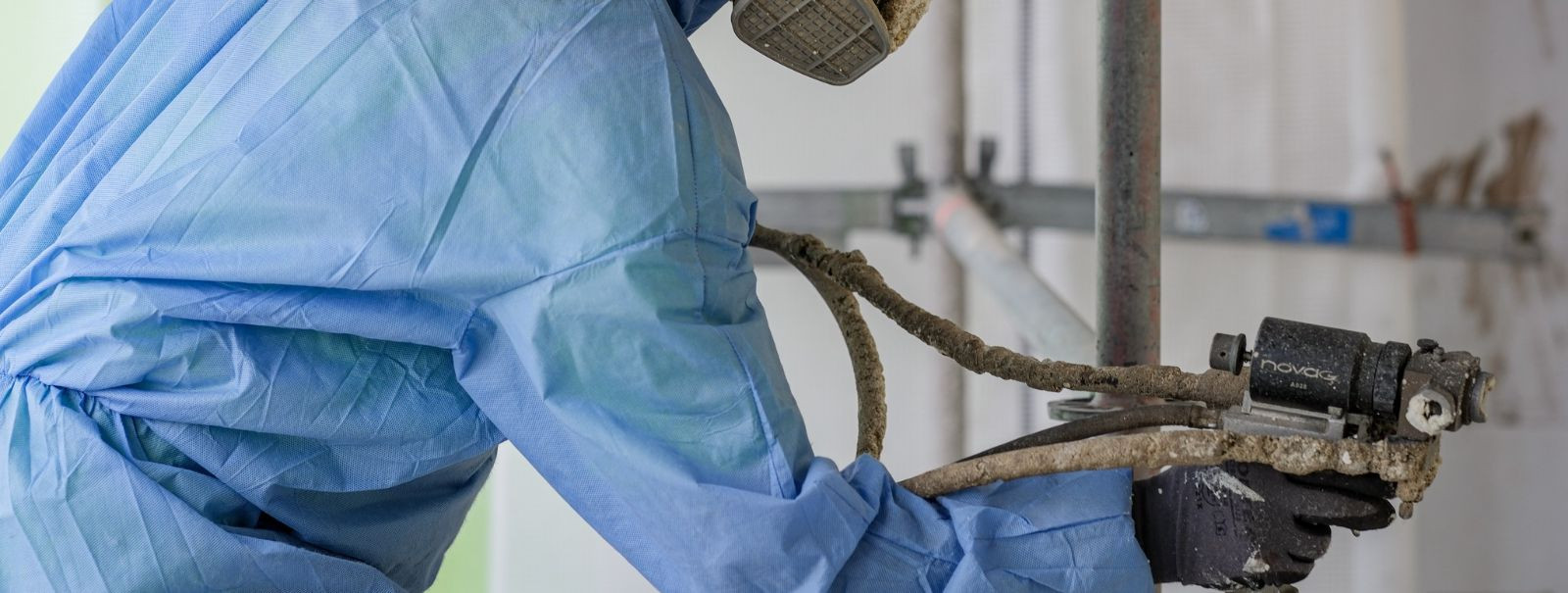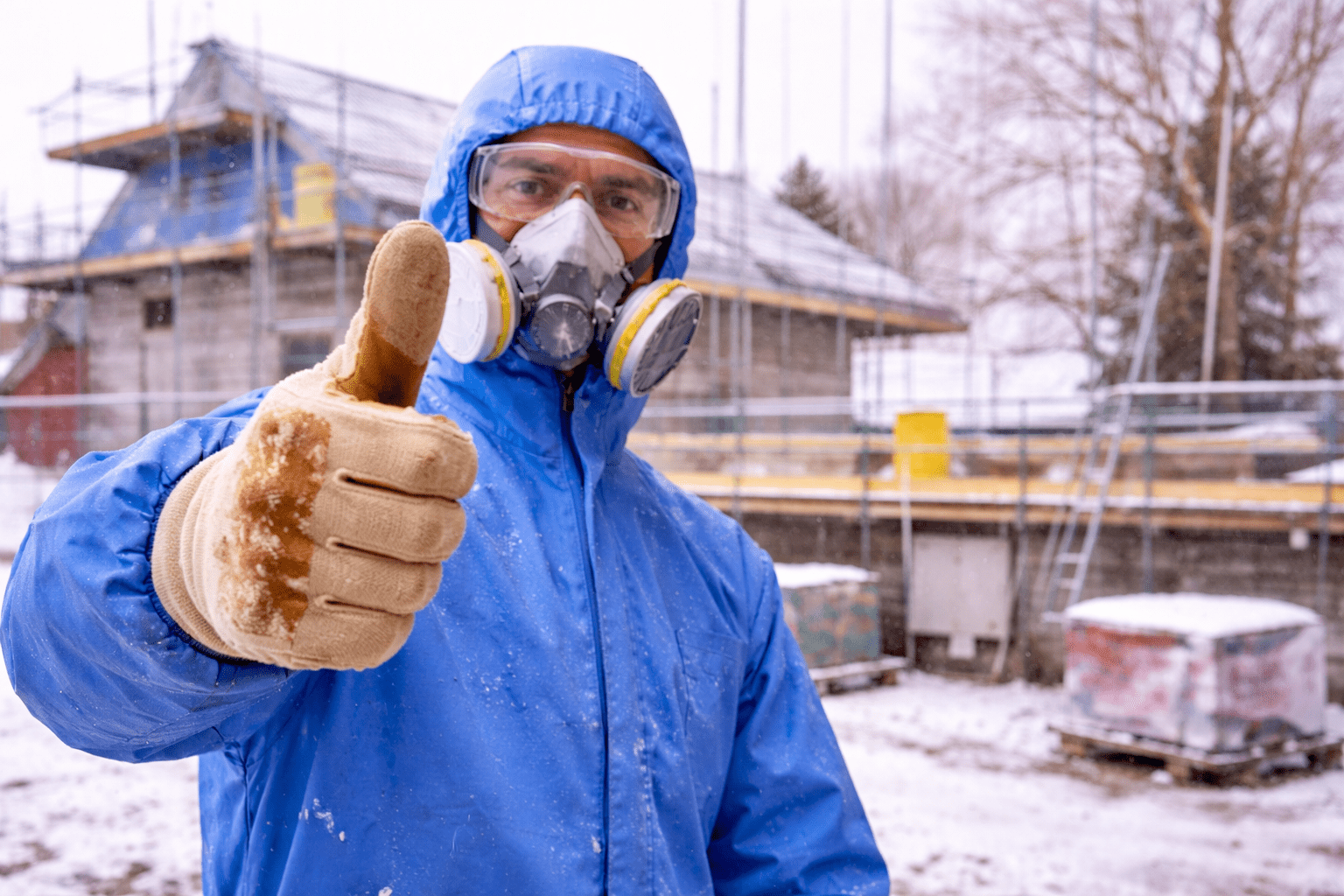The benefits of pur foam insulation for your home
Polyurethane (PUR) foam insulation is a type of insulation material that is known for its excellent thermal insulating properties. It is a versatile and lightweight foam that expands upon application, filling gaps and creating an airtight seal. PUR foam is made by mixing two components that react with each other to form a rigid or semi-rigid foam with a closed-cell structure, which is ideal for insulation purposes.
Insulation is a critical component of any home, serving to maintain a comfortable indoor temperature regardless of the outdoor weather conditions. Proper insulation can significantly reduce heating and cooling costs, improve indoor air quality, and enhance the overall comfort of your living space.
Key Benefits of PUR Foam Insulation
PUR foam insulation offers superior thermal resistance compared to many other insulation materials. Its high R-value per inch means that it provides an exceptional barrier against heat transfer, helping to keep your home warm in the winter and cool in the summer.
By creating an airtight seal, PUR foam insulation minimizes air leaks and reduces the workload on your heating and cooling systems. This leads to lower energy consumption and can result in significant savings on utility bills.
The closed-cell structure of PUR foam insulation makes it highly resistant to moisture infiltration, which can prevent the growth of mold and mildew. This is particularly beneficial for maintaining a healthy living environment and protecting the structural integrity of your home.
Once cured, PUR foam becomes a rigid material that adds structural strength to the areas where it is applied. It is also highly durable and does not settle or degrade over time, ensuring long-lasting insulation performance.
In addition to its thermal benefits, PUR foam insulation also offers soundproofing advantages. It can effectively reduce noise transmission through walls, floors, and ceilings, creating a quieter and more peaceful home environment.
Many PUR foam products are made with environmentally friendly blowing agents and contain recycled materials. They also contribute to reduced energy consumption, which can lower your home's carbon footprint.
While the initial investment in PUR foam insulation may be higher than some other types of insulation, its long-term benefits can outweigh the upfront costs. The energy savings and minimal maintenance requirements can lead to substantial cost savings over the lifespan of your home.
Installation and Application of PUR Foam Insulation
Installing PUR foam insulation requires expertise and specialized equipment. Professional installers can ensure that the foam is applied safely and effectively, covering all necessary areas without leaving gaps or voids.
PUR foam can be used in various parts of your home, including walls, roofs, attics, basements, and crawl spaces. Its versatility makes it suitable for both new construction and retrofit applications.
It is important to choose PUR foam products that meet industry safety and compliance standards. Reputable manufacturers and installers will provide products that are certified for use in residential applications and comply with local building codes.
Comparing PUR Foam to Other Insulation Types
Fiberglass is a common insulation material that is less expensive but also less effective in terms of R-value compared to PUR foam. It can also be irritating to the skin and respiratory system during installation.
Cellulose insulation is made from recycled paper products and is an eco-friendly option. However, it can settle over time, reducing its effectiveness, and may require additional fire retardants.
Reflective insulation is designed to reflect radiant heat but does not provide the same level of thermal resistance as PUR foam. It is often used in conjunction with other insulation types.
Mineral wool, also known as rock wool, is fire-resistant and provides good sound insulation. However, it is denser and heavier than PUR foam, which can make it more challenging to install in some areas.
Choosing the Right Insulation for Your Home
Every home is unique, and the choice of insulation should be based on specific factors such as climate, home design, and personal preferences. A thorough assessment can help determine the most effective insulation solution for your needs.
Consulting with insulation experts can provide valuable insights into the best products and installation techniques for your home. Professionals can also help you understand the cost-benefit analysis of different insulation options.







Comments (0)